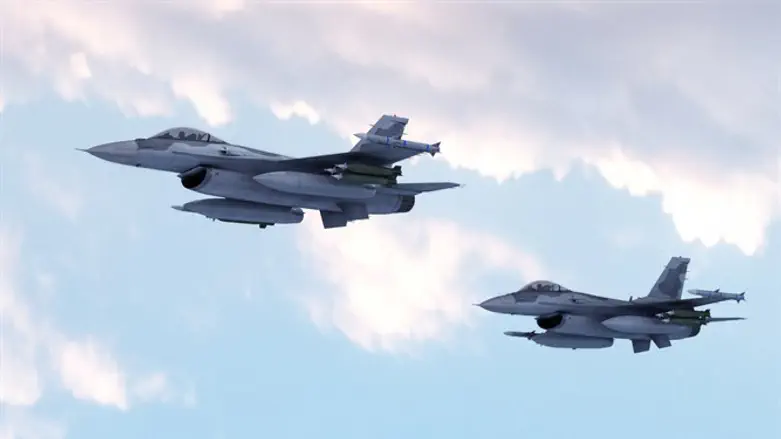
The Guardian of the Walls operation officially concluded at 2 a.m. on Friday morning, on its 11th day, and since that hour, no rocket fire from Gaza has been reported.
A report on Channel 12 has now revealed that in the final two hours before the ceasefire went into effect, senior figures in the IDF feared that Hamas would exploit the remaining time to send a massive barrage of rockets toward Tel Aviv and the Gush Dan region, possibly exacting a huge price in human life and granting Hamas the “victory” it sought.
The fears were given more urgency due to the large numbers of Tel Aviv residents who took to the city’s streets and pubs late on Thursday night, to celebrate their re-discovered sense of security after days spent in fear of the next missile strike.
The IDF made its plans accordingly, sending dozens of combat-ready aircraft up into the skies over Gaza and letting Hamas know that if the terrorist organization did attack, Israel’s response would be wholly disproportionate.
In a briefing given on Friday morning, IDF spokesman Brigadier-General Hedi Zilberman said: “We wanted to ensure that there would be no significant barrage [of missiles] by Hamas. Around midnight, we sent up dozens of aircraft into the skies over Gaza, armed and ready to attack, with a prepared list of targets.”
The target list was also sent to Egypt and to Hamas itself, which was told in unmistakable terms that if they chose to strike Tel Aviv and the region surrounding it, the response would be brutal. Meanwhile, all of Gaza could not fail to be aware of the presence of IDF aircraft overhead; they were flying low enough to be both seen and heard.
Throughout these tense hours, Israel’s Defense Minister, Benny Gantz, along with the IDF Chief of Staff, the head of the Air Force, and other top generals were sitting at military headquarters in Tel Aviv, ready to resume Israel’s attacks on Gaza if Tel Aviv was fired on.
In the event, in the final few hours “before the ceasefire took effect, around 40 rockets were fired,” Zilberman said. “Around 90% of them fell in open areas and the rest were intercepted. As such, there was no need to implement the plan we had developed, and so the aircraft were recalled. No attempts by Hamas to hit our aircraft or naval vessels were detected, and since [the ceasefire began at] two o’clock, we have not detected any firing in the direction of Israel.”
Given that the IDF had a ready list of targets to be hit if necessary, the question as to why Operation Guardian of the Walls was stopped in its tracks at this point begs a reply.
According to the political echelon, “The cabinet unanimously accepted the recommendation of all security officials to accept the Egyptian bilateral ceasefire initiative.” However, it is clear from today’s revelations that the truth was something quite other than this, and that the IDF was ready – and even eager – to continue the operation and bring it to a conclusion more triumphant than acquiescent.

